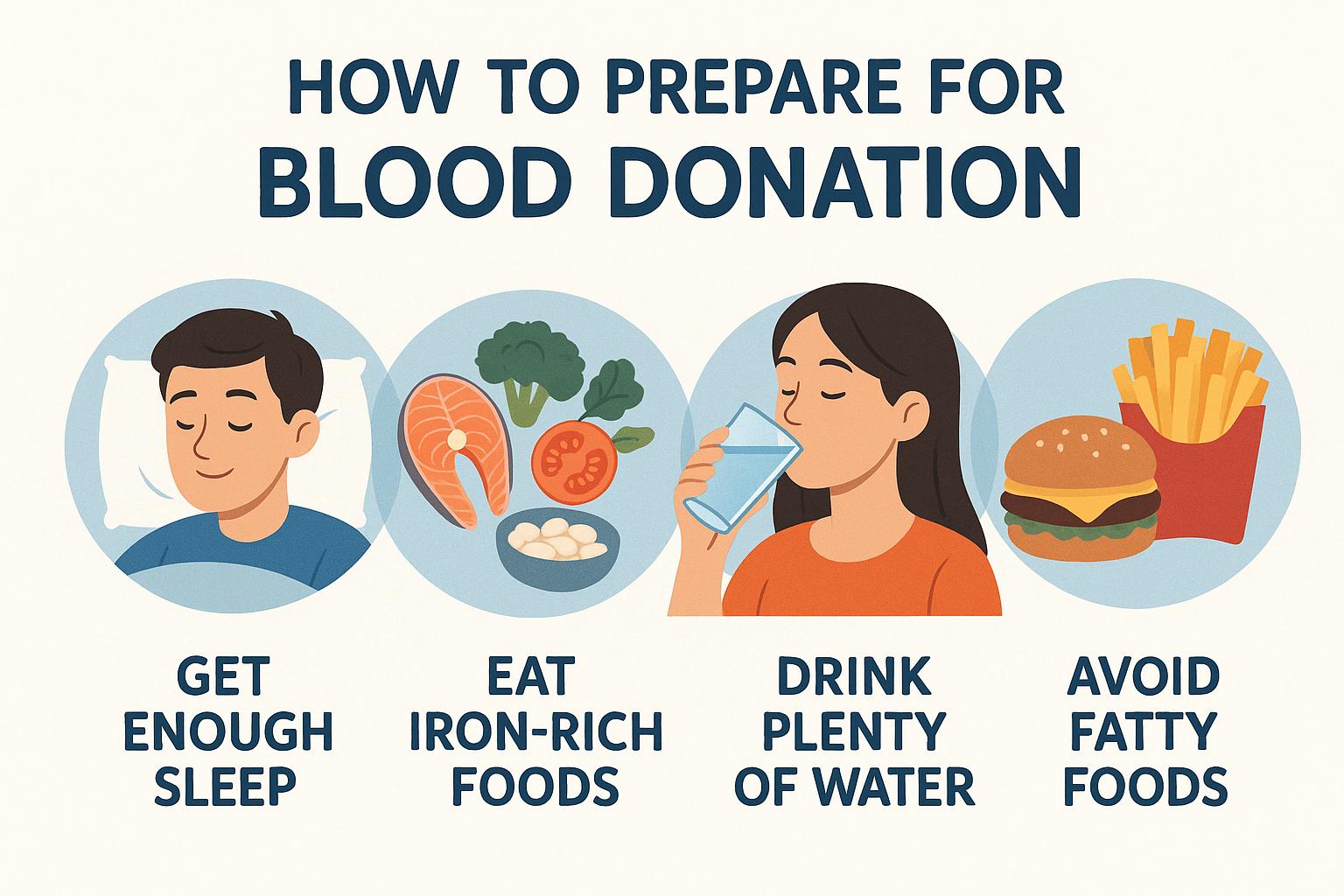Understanding Blood Donation
Blood donation is a simple yet fundamentally important process that facilitates the provision of life-saving transfusions to patients who require it. Despite its straightforward nature, the preparation and process involve several key steps and considerations to balance the safety and comfort of both the donor and the recipient. Understanding what blood donation entails, how to prepare for it, and what to expect, can greatly enhance the experience and efficacy of your contribution. Read on to explore detailed aspects of blood donation that are crucial for any blood donor.
Eligibility Criteria and Screening
Blood donation is not available to everyone at all times; it involves a set of predefined eligibility criteria to ensure the safety and health of both the donor and the recipient. Most donors need to be at least 17 years of age—though in some jurisdictions, 16-year-olds can donate with parental consent. You must weigh at least 110 pounds and should be in a state of good health.
Medical History Review
Before the collection process begins, you will undergo a brief medical screening. This includes an evaluation of your medical history and current medications. The goal is to ensure that your blood is safe for recipients and that the donation won’t negatively affect your own health. Certain medical conditions or disease exposures may temporarily or permanently prevent you from donating blood.
These measures exist to protect both you and the person who will receive your blood. While maintaining candidness during the survey might seem daunting, it ensures the integrity of the blood supply and your well-being.
Visit the Blood Center’s Website
For explicit criteria tailored to the institution where you’ll be donating, it is recommended to view the guidelines on the individual blood center’s website. This could include restrictions based on recent travel or new interim regulations due to public health concerns.
Nutritional Preparations
The role of nutrition in blood donation success is often understated but incredibly significant. Proper dietary habits leading up to the day of your donation can have a marked effect on both the donor experience and the quality of the blood products being collected.
Stay Hydrated
Adequate hydration supports optimal blood volume levels, which not only helps with efficient blood withdrawal but also aids in your recovery following donation. You should consciously consume plenty of fluids, particularly water, both the day before and on the day of donation.
Eat Iron-Rich Foods
Iron is crucial for hemoglobin synthesis, and maintaining adequate levels is essential for a healthy donation. Consumption of iron-rich foods like spinach, red meat, and legumes is recommended. Vegetarians and vegans should consider consuming iron-fortified cereals or taking supplements with guidance from a healthcare professional. Ideally, this dietary planning should begin a few days before you intend to donate blood, as it takes time for your body to increase iron stores.
Day of Donation Guidelines
What you do and how you prepare on the day of donation can significantly affect your experience.
Have a Hearty Meal
Ensure that you have a well-balanced meal before proceeding to the donation center. This meal should be rich in complex carbohydrates and consist of lean protein sources. Sugary foods and drinks can cause spikes in your blood sugar, while a meal rich in fat may cause unwanted variables in some blood testing conducted after donation.
Wear Appropriate Clothing
Comfort and practicality are key on your donation day. Wear loose-fitting attire with sleeves that can be conveniently rolled up above the elbow. This not only makes it easier for the technician but also ensures your comfort throughout the donation process.
Consider Post-Donation Care
Post-donation care is critical and should not be overlooked, as it affects your immediate recovery and well-being. After donating, take time to rest and utilize the refreshments provided by the center, which typically include a snack and drink to help stabilize your sugar levels. Continue consuming fluids throughout the day, and refrain from rigorous physical activities for at least 24 hours to allow your body to recover properly.
Pamphlets and Information
Many blood centers offer helpful pamphlets and informational booklets; these contain valuable resources on post-donation care, details about upcoming donating opportunities, and guides on becoming a regular or frequent donor. Utilizing these resources can make your contribution much less daunting and may also offer added perks for regular giving.
Your decision to donate blood is not only an altruistic act but a medical necessity that fills a vital role in healthcare. By following these guidelines and preparing adequately, you contribute to a reliable health service that benefits many while ensuring that your experience remains positive and without complications. Each donation can significantly impact multiple lives, demonstrating the incredible significance of your invaluable contribution.
